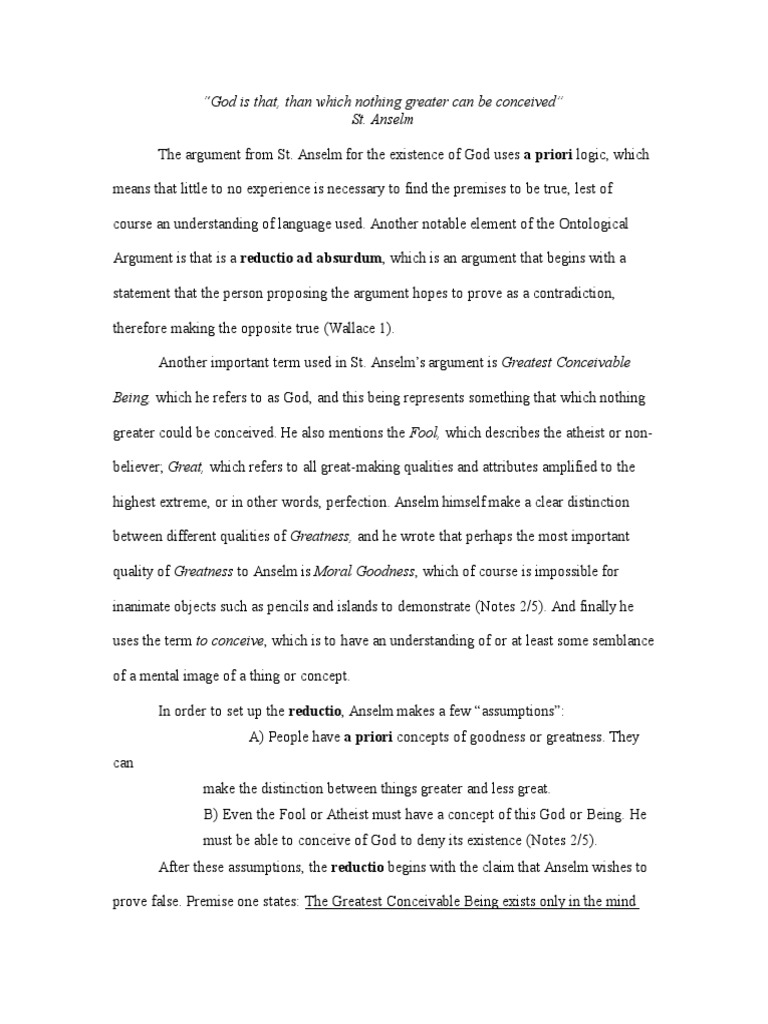The Bahá’í concept of God embodies a profound and intricate tapestry of theological understanding that transcends mere dogma. At its core lies an avowal of a singular, omnipotent God, characterized by attributes of both immanence and transcendence. This duality invites a deeper exploration into the nature of the Divine and humanity’s intricate relationship with the Creator. Through the lens of Bahá’í teachings, the concept of God is defined not only by His essence but also through His revelations to humanity.
In Bahá’í belief, God is ineffable—a quality that resists encapsulation by human language. Predicated on the premise of incomprehensibility, God transcends the confines of time and space. This transcendence does not render Him distant but rather emphasizes His omnipresence and active involvement in the unfolding saga of human history. The characteristic of God’s immanence is accentuated by the belief that He continually engages with creation. This poses intriguing questions surrounding divine purpose and the agency of individual beings within the grand narrative of existence.
Central to the Bahá’í understanding of divine nature is the concept of divine attributes. These attributes, often delineated in the scriptures, serve as a mirror reflecting humanity’s potential. Justice, wisdom, and mercy are but a few of the qualities through which individuals may strive to actualize their spiritual essence. The emphasis on divine attributes not only enriches the understanding of God but also serves as a guideline for personal development. Individuals are encouraged to cultivate these qualities, thus bridging the chasm between earthly existence and divine aspirations.
One of the most significant aspects of the Bahá’í worldview is its emphasis on the continuity of revelation. Bahá’ís believe that throughout history, God has sent a succession of Manifestations—prophets and divine educators—to illuminate paths for humanity. These figures, including Abraham, Moses, Jesus, Muhammad, and Bahá’u’lláh, each unveil facets of divine truth suited to the historical and cultural contexts of their respective epochs. This process is understood as a progressive revelation, where God’s message is unveiled incrementally, leading to a comprehensive understanding of divine will. Consequently, the Bahá’í Faith harbors a unique perspective on the diversity of religious expressions and the essential unity underlying them.
The principle of unity is especially prominent in Bahá’í thought. The oneness of God is paralleled by the concept of the oneness of humanity; both ideas are inextricably linked. The idea posits that just as God is one, so too must humankind strive towards a collective identity, overcoming the divisive forces of sectarianism, nationalism, and racial prejudice. This interconnectedness culminates in the belief that every individual is a reflection of the divine, a concept suggesting that each person contributes to the wider tapestry of human experience and divine understanding.
Moreover, the Bahá’í teachings elucidate the role of human free will in the relationship between the Divine and humanity. While God is omniscient, He has endowed individuals with the capacity to choose. This endowment of free will serves not only as a testament to divine justice but also as an invitation to engage in the active pursuit of personal spiritual growth. Such a perspective on free will emphasizes responsibility—individuals are accountable for their choices and actions, shaping their destinies and contributing to the collective well-being of society.
The pursuit of knowledge is another pivotal element embedded within the Bahá’í concept of God. The quest for understanding, both of the self and the universe, is seen as a form of worship. Knowledge is not a mere accumulation of facts; rather, it is understood as a spiritual journey that unravels the mysteries of creation. This pursuit encourages individuals to engage critically with their environment and to appreciate the interconnectedness of all things, further illuminating the divine handiwork present in the natural world.
Additionally, the notion of prayer and meditation in Bahá’í practice exemplifies the dynamic relationship individuals maintain with God. Through prayer, believers seek communion with the Divine, a channel through which they can express gratitude, seek guidance, and reflect on their spiritual path. Prayer serves as a medium for manifesting the attributes of God in one’s life, forging a personal connection with the Almighty. Moreover, meditation provides space for contemplation, inviting deeper insights into the relationship between the created and the Creator. These practices are essential in nurturing an authentic spiritual life, underscoring the importance of self-reflection and mindfulness as integral components of the Bahá’í approach to divinity.
In summary, the Bahá’í concept of God encapsulates a multifaceted worldview that emphasizes unity, justice, and the progressive revelation of divine truth. By appreciating the nuances of God’s attributes and the implications for human existence, one is beckoned into a profound relationship with the Divine. This relationship encourages self-discipline, fosters community, and inspires a collective journey towards spiritual enlightenment, intertwining the paths of individual seekers with the overarching narrative of humanity’s evolution. Through an exploration of the Bahá’í teachings, one may discover the intricate design of existence and the significance of engaging with the Divine in a quest for truth and unity.
